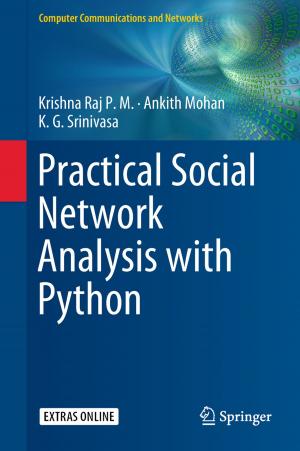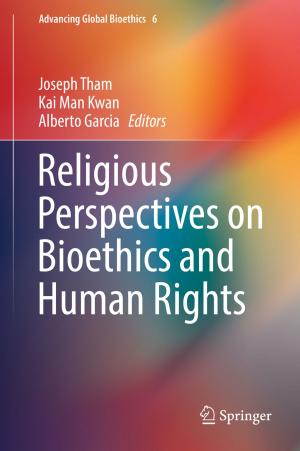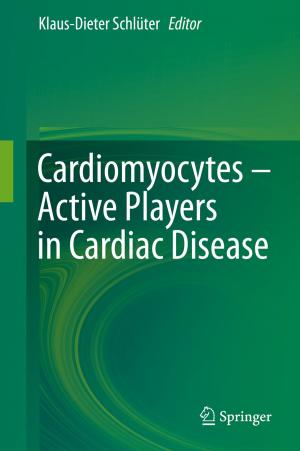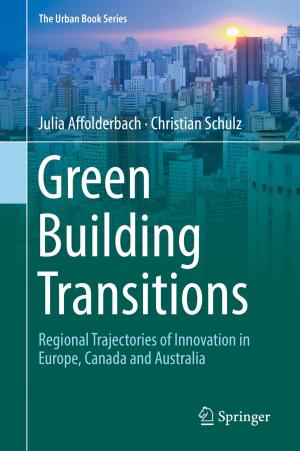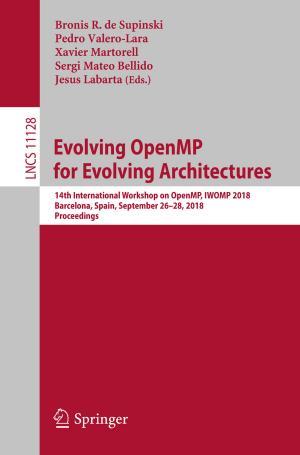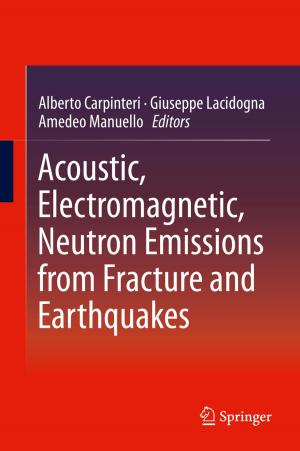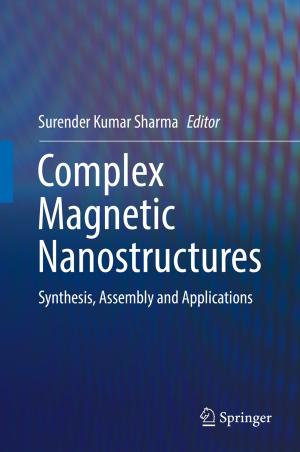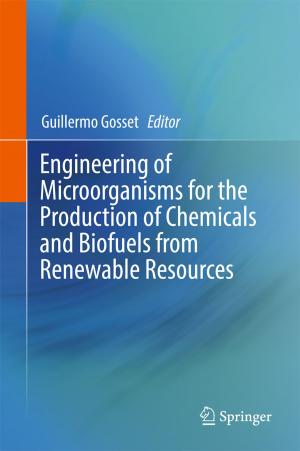Application of Microalgae in Wastewater Treatment
Volume 1: Domestic and Industrial Wastewater Treatment
Nonfiction, Science & Nature, Science, Biological Sciences, Microbiology, Technology, Environmental| Author: | ISBN: | 9783030139131 | |
| Publisher: | Springer International Publishing | Publication: | May 23, 2019 |
| Imprint: | Springer | Language: | English |
| Author: | |
| ISBN: | 9783030139131 |
| Publisher: | Springer International Publishing |
| Publication: | May 23, 2019 |
| Imprint: | Springer |
| Language: | English |
This two-volume work presents comprehensive, accurate information on the present status and contemporary development in phycoremediation of various types of domestic and industrial wastewaters. The volume covers a mechanistic understanding of microalgae based treatment of wastewaters, including current challenges in the treatment of various organic and inorganic pollutants, and future opportunities of bioremediation of wastewater and industrial effluents on an algal platform. The editors compile the work of authors from around the globe, providing insight on key issues and state-of-the-art developments in algal bioremediation that is missing from the currently available body of literature. The volume hopes to serve as a much needed resource for professors, researchers and scientists interested in microalgae applications for wastewater treatment.
Volume 1 focuses on the different aspects of domestic and industrial wastewater treatment by microalgae. The case studies include examples such as genetic technologies as well as the development and efficient use of designer consortia for enhanced utilization of microalgae. This volume provides thorough and comprehensive information on removal of persistent and highly toxic contaminants such as heavy metals, organic pesticides, polyaromatic hydrocarbons, endocrine disruptors, pharmaceutical compounds, and dyes from wastewater by microalgae, diatoms, and blue-green algae. Design considerations for algal ponds and efficient use of photobioreactors and HRAPs for wastewater treatment are some other highlights. This volume addresses the applications, potentials, and future opportunities for these various considerations in water pollution mitigation using algal technologies.
This two-volume work presents comprehensive, accurate information on the present status and contemporary development in phycoremediation of various types of domestic and industrial wastewaters. The volume covers a mechanistic understanding of microalgae based treatment of wastewaters, including current challenges in the treatment of various organic and inorganic pollutants, and future opportunities of bioremediation of wastewater and industrial effluents on an algal platform. The editors compile the work of authors from around the globe, providing insight on key issues and state-of-the-art developments in algal bioremediation that is missing from the currently available body of literature. The volume hopes to serve as a much needed resource for professors, researchers and scientists interested in microalgae applications for wastewater treatment.
Volume 1 focuses on the different aspects of domestic and industrial wastewater treatment by microalgae. The case studies include examples such as genetic technologies as well as the development and efficient use of designer consortia for enhanced utilization of microalgae. This volume provides thorough and comprehensive information on removal of persistent and highly toxic contaminants such as heavy metals, organic pesticides, polyaromatic hydrocarbons, endocrine disruptors, pharmaceutical compounds, and dyes from wastewater by microalgae, diatoms, and blue-green algae. Design considerations for algal ponds and efficient use of photobioreactors and HRAPs for wastewater treatment are some other highlights. This volume addresses the applications, potentials, and future opportunities for these various considerations in water pollution mitigation using algal technologies.


